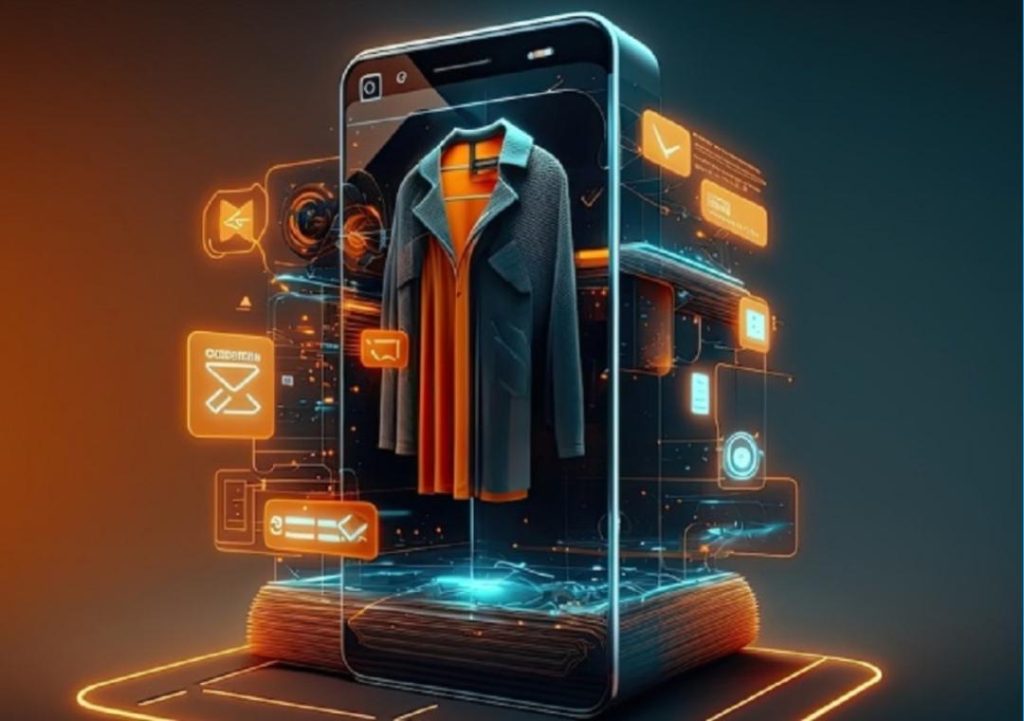
How AI, AR & Automation are Redefining Online Shopping in 2025
As the world becomes increasingly digital, the online shopping experience is undergoing a significant transformation. With the advent of Artificial Intelligence (AI), Augmented Reality (AR), and Automation, online retailers are revolutionizing the way customers shop and interact with products. In this blog post, we’ll explore how these technologies are redefining online shopping in 2025 and what it means for consumers and businesses alike.
AI-Powered Personalization
One of the most significant changes in online shopping is the incorporation of AI-powered personalization. AI chatbots, for instance, are becoming increasingly popular, allowing customers to interact with retailers in a more natural and human-like way. These chatbots can understand and respond to customer queries, provide recommendations, and even help with transactions.
Smart recommendations are another area where AI is making a significant impact. By analyzing customer behavior, browsing history, and purchase patterns, retailers can provide personalized product suggestions that are tailored to individual tastes and preferences. This level of personalization not only enhances the shopping experience but also increases the likelihood of customers making a purchase.
AR Virtual Try-Ons
Augmented Reality (AR) is another technology that’s transforming the online shopping experience. With AR, customers can preview products in a more immersive and interactive way. For instance, beauty brands are using AR to allow customers to virtually try-on makeup products, while fashion retailers are using AR to let customers see how clothes would fit and look on them.
AR virtual try-ons not only provide customers with a more realistic understanding of products but also increase the chances of making a purchase. According to a study by Deloitte, 71% of customers are more likely to make a purchase if they can use AR to try-on products virtually.
Voice Commerce
Voice commerce is another area where AI is making a significant impact. With the rise of smart speakers and virtual assistants like Alexa and Google Assistant, customers are increasingly using voice commands to search for products, make purchases, and even track orders.
Voice commerce is particularly popular in the beauty and personal care industry, where customers can use voice commands to order beauty products and receive personalized recommendations. According to a study by Statista, the global voice commerce market is expected to reach $40 billion by 2025, up from just $2 billion in 2020.
Automation Streamlines Supply Chains and Delivery
Automation is another technology that’s transforming the online shopping experience. By streamlining supply chains and delivery processes, retailers can provide customers with faster and more reliable shipping options.
For instance, automation can help retailers optimize inventory levels, reduce shipping times, and improve order fulfillment rates. According to a study by McKinsey, automation can help retailers reduce shipping times by up to 50% and increase order fulfillment rates by up to 20%.
The Future of Online Shopping
As we look to the future of online shopping, it’s clear that AI, AR, and automation will continue to play a significant role. Retailers that adopt these technologies will be better equipped to provide customers with a seamless and personalized shopping experience.
In 2025, we can expect to see even more innovative uses of AI, AR, and automation in online shopping. For instance, retailers may use AI to predict customer behavior and provide personalized product recommendations, while AR may be used to allow customers to virtually try-on products in 3D.
Automation will also continue to play a significant role, with retailers using automation to streamline supply chains, improve order fulfillment rates, and reduce shipping times.
Conclusion
In conclusion, online shopping is undergoing a significant transformation in 2025, driven by the adoption of AI, AR, and automation. These technologies are revolutionizing the way customers shop and interact with products, providing a more personalized, immersive, and frictionless experience.
As retailers continue to adopt these technologies, we can expect to see even more innovative uses of AI, AR, and automation in the future. Whether it’s AI-powered personalization, AR virtual try-ons, or automation streamlining supply chains and delivery, these technologies are redefining the online shopping experience and providing customers with a better way to shop.
Source:
https://www.growthjockey.com/blogs/e-commerce-tech-trends-online-shopping






